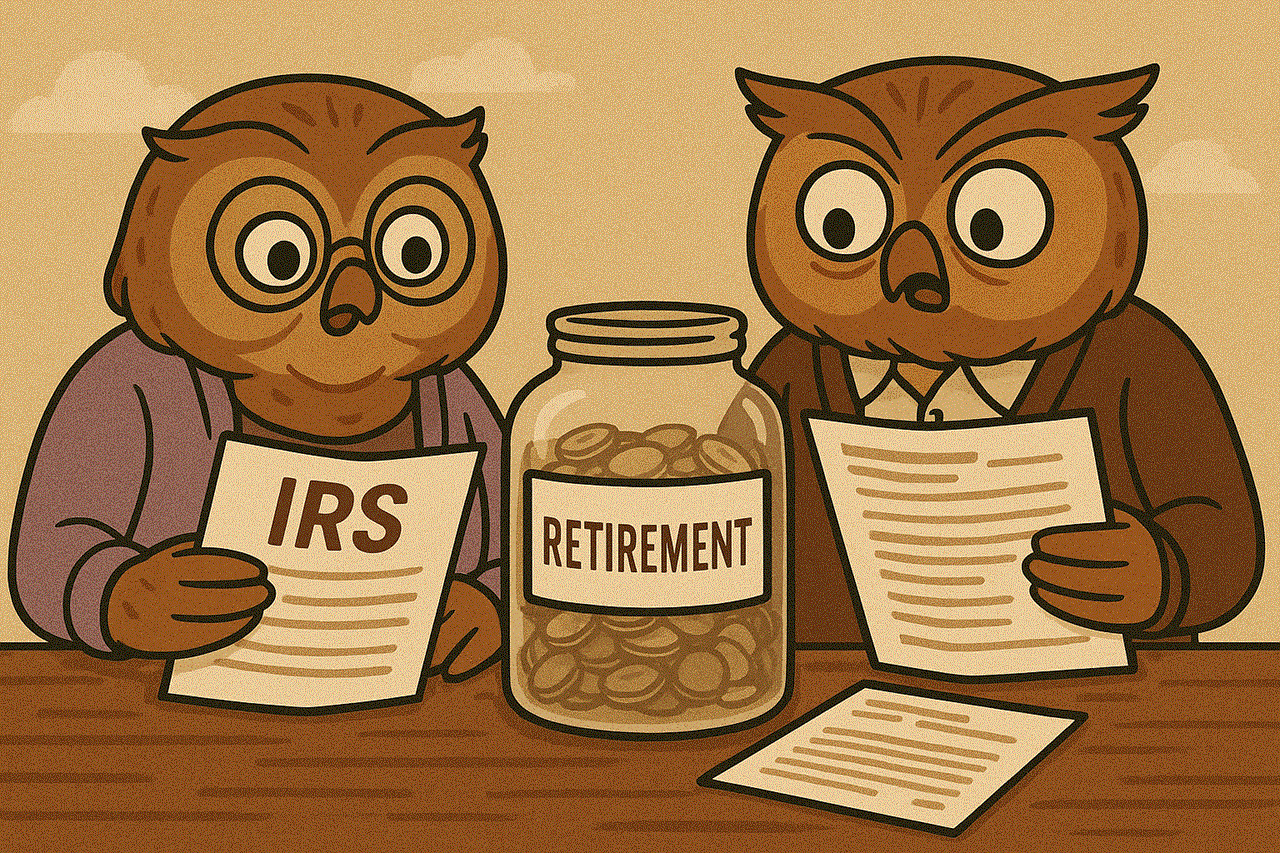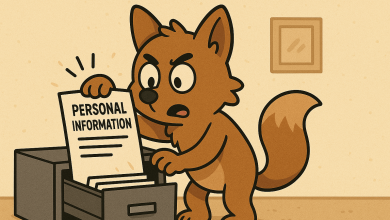6 Tools to Overcome Financial Insecurity & Anxiety

I grew up with a solidly middle class upbringing. My parents owned our home, my dad worked full-time and my mom worked part-time.
We were frugal, as many immigrants are, because we had to be.
My dad came here on an education visa with a one-way ticket. He would send money home all the time.
Money was a scarce resource and you had to be careful with it.
Financial insecurity is the anxiety and stress you feel about your financial situation. It’s an emotional response, not a logical one, and it can stick with you regardless of how much money you make or how much wealth you’ve accumulated.
🎧 Case in point: Here’s a short clip of a chat between Scott Galloway (~$100mm net worth) and Sam Parr (~$20mm net worth) and their financial insecurities – yes, it sounds absurd to have insecurities when you have tens to hundreds of millions… but it’s common! Khe Hy writes about it.
I once felt this acutely and despite our net worth increasing, there are still times I feel it but there are steps you can take to mitigate it.
Here are a few that have worked well for me:
Table of Contents
🗣️ Talk to someone
Whether it’s a partner, close friend, or a therapist, it’s important to talk about your feelings with someone you trust. More or less, we all have emotional feelings about money. And like any other feelings, talking about them often makes them better.
The person you talk to doesn’t need to have the answers or be able to help you solve your problems. They can simply be there to listen. Just putting it into words may help you deal with some of the anxiety and stress.
I always find it funny that money is a taboo subject in such a capitalist society. Find someone you trust who you can talk to and it could significantly help your mental health.
💰 Keep a larger cash cushion
Remember, financial security is an emotional feeling, not a logical one, and so you have to trick yourself into believing you are financial secure – that means keeping a larger cash cushion in your checking and savings account.
Call it an emergency fund. Call it a rainy day fund. Call it your regular ole checking – it’s fine to keep more than you truly need if it can help alleviate your anxiety.
How much? That depends on how you feel.
I keep a few months of expenses in our checking and savings account. I know it’s better off in something else but this peace of mind is worth the few extra dollars in interest. Most of it is in the savings account, which protects the checking account from overdrafts, so I’m not giving up that much in interest.
📔 Check in on finances regularly
I update our net worth each month and this is a very important part of our financial system.
Every month, I log into each account and record the numbers. I used to check more often with tools like Empower Personal Dashboard but for monthly check-ins, I log in manually to each account. This has pushed me to simplify our finances, so I log into fewer accounts.
By recording our net worth, I know how much we have.
I don’t “feel” how much we have, I can see it.
And I’m reminded that some months the market does badly and the number goes down by a lot. Sometimes the market does well and it goes up by a lot. This slowly inoculates me from the emotional response to market volatility, which is inevitable.
🥅 Establish a financial plan with goals
A financial plan is good regardless of how you feel about your money.
One with goals will give you a sense of progress and growth as well as a path forward.
Uncertainty causes worry. Having a plan can help with that uncertainty because now instead of fearing the unknown, you’re working towards a goal. You can redirect that energy, which is useful.
I do want to add that there is something known as the boring middle. This is when you’ve established a plan and you’re simply working towards your goals. There’s nothing to do, per se, except continue on the path you’ve chosen. It’s “boring” because there are no decisions, but that’s part of any trip.
Don’t let insecurity creep in during the boring middle – keep following your plan.
📱 Calculate your debt-to-income ratio
If you have a “lot of debt,” that can be stressful. Sometimes it’s the numerical figure that causes you stress. Sometimes it’s simply its existence.
By calculating your debt-to-income ratio, you can put that debt into context.
And not all debts are equal. Unsecured credit card debt is different than mortgage debt. I’d argue that most people with a mortgage probably have a seemingly sky-high debt to income ratio… but that’s normal, especially if you’re young.
📺 Stop watching the news
During Covid, the news was a direct cause of my anxiety. It also caused financial anxiety because the markets were crumbling as the whole of the United States shut down.
All of our kids were home. We were stressed. And now I’m watching scenes of overflowing hospitals and infection figures. It was terrible.
I stopped watching the news. Being informed wasn’t helping me manage my day to day. It was making it worse.
Stopping was the best thing I did for our mental health during that period.
You can watch the news if it doesn’t cause you anxiety but if it does, consider stopping. Stop it and anything else that makes the feelings of anxiety and insecurity worse. Perhaps it’s staying off social media. Perhaps it’s something else – but try to identify it and stop.
🧠 Remember, it’s a work in progress
To this day, despite being in a much stronger financial position, I don’t like spending a lot of money. I also love finding a good deal. It’s hard to shake the things you learn as a kid but it’s something that you need to do, especially if they no longer serve you.
Yes, the dopamine hit you get when you find a deal is always fun but it costs you precious time. While I won’t drive across the street to save 5 cents a gallon on gasoline, I will search for coupons before I but something. 🤣
It’s a work in progress and the work is never done. There’s always going to be a time when it creeps in and you just have to use your tools to calm it down. Hopefully some of these ideas will help.
Do you have any strategies you use to combat it?
Other Posts You May Enjoy:
Is the American Dream still possible in 2024?
Is the promise of America still possible? More importantly, do Americans still believe in the American Dream?
Several surveys have been done asking people how they feel about the American Dream. Here are the results.
The Boring Middle is Bullshit
The Boring Middle is that part of any journey where things are on auto-pilot and you’re simply “waiting.” Don’t! This time is better spent doing something else!
Future You vs. Present You: Cracking the Dilemma of Choice
Money is often about tradeoffs and it’s the most apparent than when you compare the needs of Present You against those of Future You. Who should prevail? It really depends on the situation… here’s how to decide.
Does all the financial advice you need still fit on an index card?
Ten years ago, Professor Harold Pollack created a postcard that listed all the financial advice you’d ever need. We revisit this card and see if it still applies today.

About Jim Wang
Jim Wang is a forty-something father of four who is a frequent contributor to Forbes and Vanguard’s Blog. He has also been fortunate to have appeared in the New York Times, Baltimore Sun, Entrepreneur, and Marketplace Money.
Jim has a B.S. in Computer Science and Economics from Carnegie Mellon University, an M.S. in Information Technology – Software Engineering from Carnegie Mellon University, as well as a Masters in Business Administration from Johns Hopkins University. His approach to personal finance is that of an engineer, breaking down complex subjects into bite-sized easily understood concepts that you can use in your daily life.
One of his favorite tools (here’s my treasure chest of tools, everything I use) is Empower Personal Dashboard, which enables him to manage his finances in just 15-minutes each month. They also offer financial planning, such as a Retirement Planning Tool that can tell you if you’re on track to retire when you want. It’s free.
Opinions expressed here are the author’s alone, not those of any bank or financial institution. This content has not been reviewed, approved or otherwise endorsed by any of these entities.




